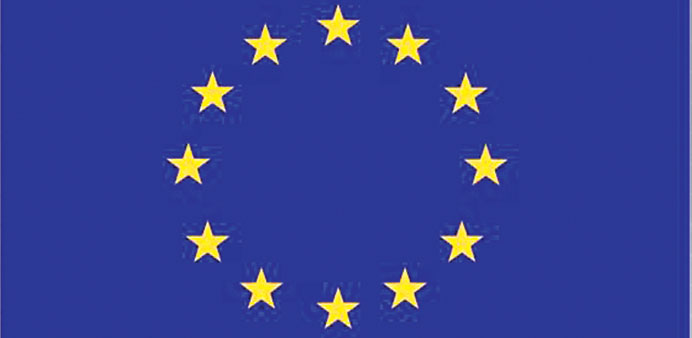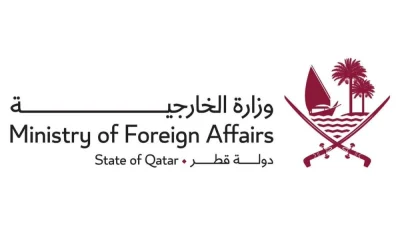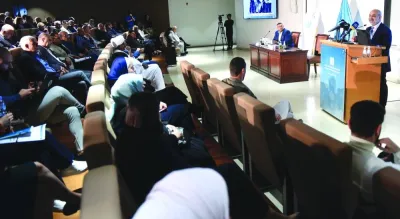|
For decades, people have bemoaned the waning of Europe’s global political power. To add some precision to the debate, in 2010 we helped to write the European Council on Foreign Relations’ first Foreign Policy Scorecard. Back then, we wrote – rather mildly – that Europe had been “distracted” by the euro crisis. |
By the end of 2012, the crisis could be considered less acute. Nevertheless, European leaders have continued to devote more time and effort to financial and institutional questions than to geopolitical issues.
Europe’s image and soft power have undoubtedly continued to fade around the world (thought such a trend is difficult to quantify), while member states continue to cut defence and development budgets. The good news, however, is that European foreign policy has not unravelled in the crisis.
Indeed, it has even shown some signs of progress.
The European Union managed to preserve the essence of its acquis diplomatique. In fact, the Scorecard’s assessment of European foreign-policy performance in 2012 shows modest signs of stabilisation and resilience.
Although the EU had no high-profile successes comparable to the military intervention in Libya in 2011, it performed surprisingly well in its external relations – especially given the deep crisis with which it continued to struggle.
For starters, the coherence of Europe’s policies toward Russia improved: the EU threatened to use the World Trade Organisation’s dispute-settlement mechanism when the Kremlin announced new protectionist measures in late 2012.
It also launched an antitrust probe against Russian gas giant Gazprom, and criticized human-rights abuses during the crackdown on demonstrations that accompanied the March election that returned Vladimir Putin to the presidency.
There were also signs of modest improvement in Europe’s relations with China, despite a lack of unity that continued to undermine its leverage.
New EU missions to Niger, South Sudan, and the Horn of Africa under the aegis of the Common Security and Defence Policy were also launched – something that had not happened in the previous two years.
Of course, there were also areas in which Europeans performed less well. Above all, they could not break the frustrating diplomatic gridlock over Syria or stem the escalation in violence as the year went on.
Europeans remained divided on the Israeli-Palestinian conflict (though to a lesser degree than in previous years), and failed to have an impact on the UN vote in November to upgrade Palestine’s status.
They also struggled to pursue a united approach to Azerbaijan and Ukraine, and continued to seek a coherent approach to Turkey as accession negotiations remained blocked.
Nonetheless, the EU’s foreign-policy performance in 2012 was positive overall. It now remains to be seen whether this momentum can be maintained, which will depend largely on whether the EU can overcome the economic crisis (which continues to worsen in several member countries), restore growth, and curb unemployment. In this sense, European leaders are right to focus on solving the financial crisis in the eurozone.
Any future gains in global influence, however, will require Europeans to overcome their internal divisions and improve their foreign-policy co-ordination. In particular, success will require turning the European External Action Service (EEAS) into an effective diplomatic corps that can convert the EU’s huge resources into real power.
The near future will present a growing list of challenges. There are already indications from key strategic partners that they are beginning to regard the euro crisis as the “new normal”; in other words, they are planning for a future in which European power continues to erode. Europe’s lack of a collective defence strategy, together with declining investment in military capacity, is also a serious obstacle to its continuing global influence as a security actor.
This makes it even more important for the EEAS to align the Common Security and Defence Policy with wider foreign-policy efforts. This is a daunting task, given the EU’s current structure. The spectre of a British withdrawal from the EU will not make things any easier.
The US “pivot” to Asia further increases the pressure on Europe to deal with its own neighbourhood. Although the EU’s foreign policy toward Russia has become more effective, tensions have, if anything, grown – and may continue to do so.
Insecurity in Africa’s Sahel region, already a growing concern in 2012, has, in the first month of 2013, led one EU member state to go to war in a region not far from Europe’s doorstep. Europeans are likely still to be dealing with the fallout of Islamist rebel groups’ attempted takeover of Mali this time next year, while the long-term consequences of developments in the Sahel are bound to be felt for years to come.
Despite the gravity of the euro crisis, the EU foreign-policymaking machine (such as it is) continued to function in 2012, with moderately successful results. Just getting by, however, is unlikely to be enough to address the challenges that Europe is likely to face this year.
The EU will need to do more – and do it better. We remain hopeful that it will be up to the task.- Project Syndicate
♦ Vaira Vike-Freiberga is a former president of Latvia. Antonio Vitorino is a former Portuguese EU Commissioner for Justice and Home Affairs.



